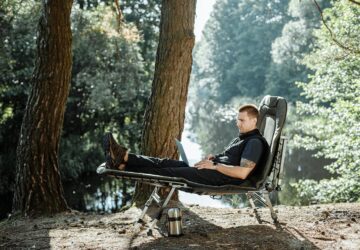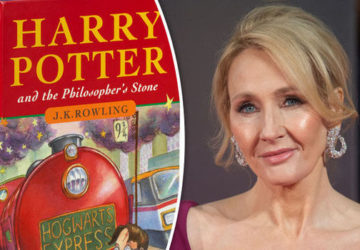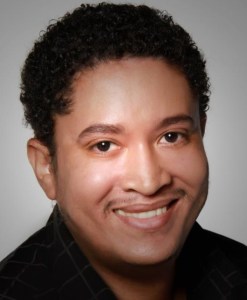Mark Scheepers received the Mavis Bleazard Bursary (sponsored by her daughter Hazel Carlstein) and completed the Write a Novel Course at The Writers’ College earlier this year. We are delighted to hear that Mark is a finalist for one of South Africa’s prestigious writing awards. We find out more about his progress as a writer.
1. What writing successes have you had since completing your course?
I’ve sold two screenplays to eTV’s Ekasi Our Stories and I’m one of three finalists for the Maskew Miller Longman Youth Literature Prize for Drama.
2. How do you feel about being nominated for a well known writing award?
It’s amazing to work for so long and hone your craft and have the day arrive when you are offered a publishing contract and find yourself on a list with people you’ve admired like Maretha Maartens, Cecelia du Toit and David Wa Maahlamela.
3. What tip(s) would you give other aspirant writers in terms of finding ideas, the writing process, and staying motivated?
Finding ideas – They’re everywhere. News, your life etc. It just requires tapping into the word around you. You can’t expect to find ideas or an idea that inspires you enough to write when you have no interest in people or the world around you. What makes writing sparkle and ravish the reader is not the story but the characters. To write riveting characters you need to pay attention to what makes people tick and that means being interested in others.
The writing process – This is something I don’t feel qualified to give advice on because I love to procrastinate and lack discipline except when something possesses me. I can write non-stop because it’s like I’m just a vessel for the characters I write about. Writing is not fun it’s a compulsion. You have to do it or you’ll die. Not to be published or be rich but because you’ve got no choice. Once you make peace with that the process is just mechanics.
Staying motivated – I was able to stay motivated because I made writing – and not success – my motivation. This year I’m a finalist in a prestigious contest but I’ve entered the same contest religiously since 2007 without so much as an honourable mention. Making my writing the thing that mattered helped me detach from an external result, i.e. success or publication that I could never have any control over.
5. How did the writing course improve your writing?
I was awarded the Mavis Bleazard Bursary for Novel Writing and that’s when everything changed. Alex Smith noted my ability to write compelling dialogue and the course taught me to fine tune that skill. Which led to me being able to write the kind of dialogue that made my play and screenplays stand out and achieve success. I’d never realised the importance of dialogue before.
6. What was the single most important lesson you walked away with from the course?
The most important lesson I learnt is that writing is a craft. As talented, disciplined or full of ideas as I or anyone else may be: if you don’t commit to learning all you can about writing and the industry that surrounds it, you’ll never fully actualise the reality of being a writer. You have to live it, breath it, dream about it and spend your life growing and learning how to do it better. The same way doctors and lawyers need to stay on top of changes in their field.
Read, research, take a course and most important is to always be writing, taking notes and finding new ways to describe things and make images and conversations come alive in the reader’s mind. Get support like the kind I got from Nichola, Koos and Alex during and after my course because what no one tells you is how lonely writing is. It’s a solitary profession; asking and receiving help and support from people who understand makes it easier and the journey that much more rewarding.














